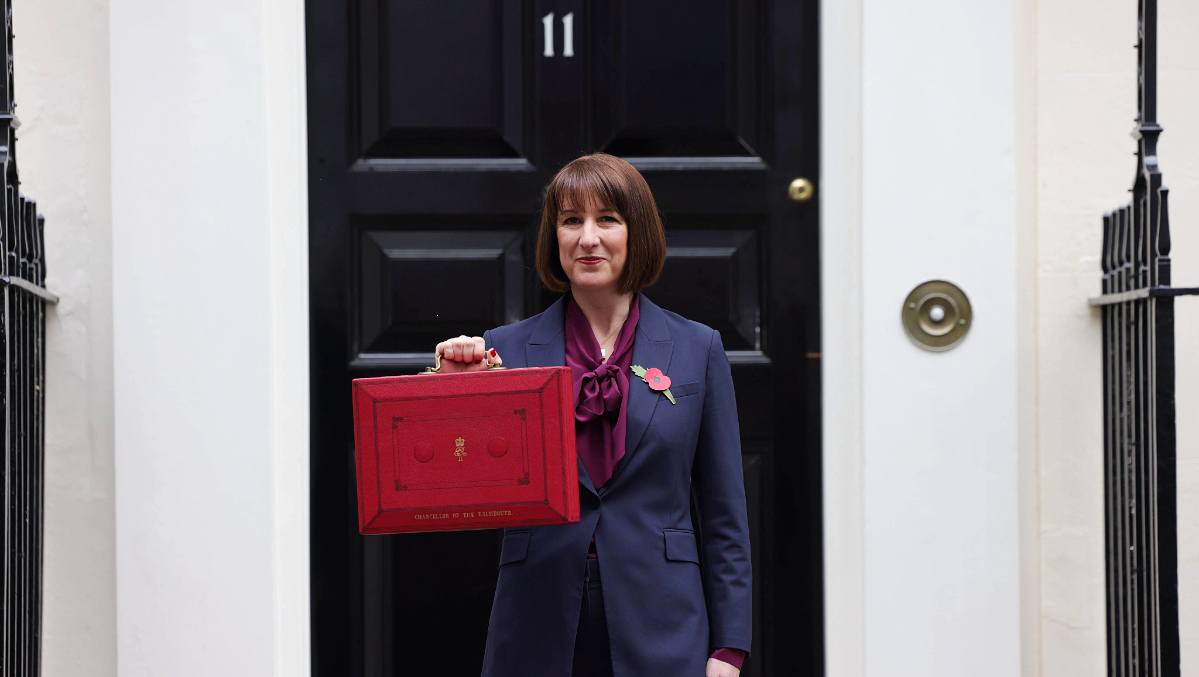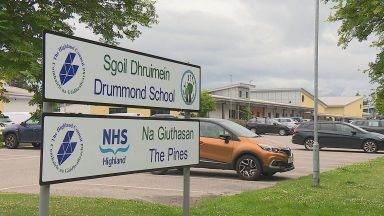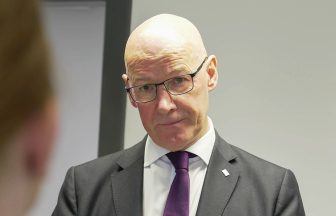We knew something big was coming – and the Budget didn’t disappoint.
Chancellor Rachel Reeves delivered the biggest tax increase in cash terms in modern history. The money raised will deliver a significant investment in public services across the UK, including a record funding settlement for the Scottish Government.
During the election campaign, Labour swore it wouldn’t raise taxes. It claims to have kept its promise, by not touching workers’ payslips. But the bill has instead landed on the desks of businesses, in the shape of a raid on employers’ national insurance worth £25bn.
Labour says it’s protecting the smallest businesses – but it really is only the very smallest. Any business owner who employs more than four staff on the minimum wage will see their costs rise. A lot of small and medium-sized independent businesses are going to face some very difficult choices over the coming year.
For the lowest-paid workers, yesterday saw confirmation of a big pay increase – a huge pay increase for young workers, with the minimum wage rising by 16% for those under the age of 21. But the cost of that, too, will have to be paid by business owners. Ultimately, some of those costs will need to be passed on to consumers.
Tax rises are going to hit people in other ways – for instance, farmers who previously could pass on their family business down through the generations without worrying about inheritance tax. And anyone who uses a vape will start paying tax for the first time.
Headline changes
-
 The national minimum wage will increase by 6.7% to £12.21 an hour from next April
The national minimum wage will increase by 6.7% to £12.21 an hour from next April -
 Air passenger duty will rise, adding up to £2 to the cost of an economy ticket for a short-haul flight
Air passenger duty will rise, adding up to £2 to the cost of an economy ticket for a short-haul flight -
 There will be a £25bn tax rise for employers as national insurance contributions increase
There will be a £25bn tax rise for employers as national insurance contributions increase -
 A tax on vapes will be introduced in the UK
A tax on vapes will be introduced in the UK -
 Draught duty on alcoholic drinks will fall by 1.7%, meaning ‘a penny off a pint in the pub’
Draught duty on alcoholic drinks will fall by 1.7%, meaning ‘a penny off a pint in the pub’ -
 Personal tax thresholds will be uprated in line with inflation between 2028 and 2029
Personal tax thresholds will be uprated in line with inflation between 2028 and 2029 -
 The winter fuel allowance will be means tested, meaning around ten million pensioners will lose out
The winter fuel allowance will be means tested, meaning around ten million pensioners will lose out -
 An increase to the windfall tax on oil and gas profits to 38%
An increase to the windfall tax on oil and gas profits to 38% -
 Privates schools will be taxed 20% as VAT exemption is scrapped
Privates schools will be taxed 20% as VAT exemption is scrapped
There was a typical Budget-day gimmick when the Chancellor announced a 1p cut to the cost of a pint by reducing alcohol duty on draught beer and cider. Cheers in the House of Commons chamber for that one – but perhaps a bit more muted from Scottish MPs since the duty is rising for all other alcoholic beverages. The Scotch whisky industry, which already felt hard done by in previous budgets, is deeply unhappy.
That said, Scottish Labour MPs are pretty buoyant after yesterday’s announcements. They can shout about the minimum wage increase and the record funding for the Scottish Government. It left the SNP hunting for a strong line of attack. It isn’t clear they’ve found one yet.
Does this mean austerity is over, as the Chancellor claimed in her Budget speech? Strictly speaking, yes, budgets across government will see real-term increases over the rest of this parliament.
But that doesn’t mean hard times and tough decisions are over. Most of the cash injection is being delivered over the next two years. Beyond that, day-to-day funding for public services will remain tight, at a time when demand is rising.
The UK Government says its expectation is that the NHS and other public services use their extra cash to invest in new technology and facilities that means they can do more with less in future. Whether that’s possible, remains to be seen.
Yesterday’s announcements accelerate a journey that the UK economy has already been making in recent years – from a lower-tax environment than its European neighbours, to an economy where the state takes a similar proportion of wealth to the Netherlands, Spain and Germany.
A question that ought to be asked is: What are we getting for that? Can the UK really say it has public services and a public realm equivalent to those countries? Is life as good for people on ordinary wages as it is in those countries? Or have the political decisions of the past few decades left the UK paying off a debt without seeing the benefit?
The tax raid in her first Budget is controversial and politically risky – Rachel Reeves doesn’t want to have to repeat it. But the forecasts that accompanied yesterday’s statement show that she might not have any choice – because growth isn’t going to be easy to come by.
In fact, the measures the Chancellor announced may depress growth in the medium term, and hold back employment and pay in the private sector. Growth is the only way of getting more cash into the Treasury, to further invest in public services. Without it, there is no money left.
And if we get to the next election, with higher taxes, higher borrowing, public services still struggling and people at home feeling barely any better off than they did when Labour came to power, then Keir Starmer is going to have a serious problem.
Labour came to power promising change. After yesterday’s budget, the UK Government is left hoping the economy delivers some change, for its sake.
Follow STV News on WhatsApp
Scan the QR code on your mobile device for all the latest news from around the country


 HM Treasury/Flickr
HM Treasury/Flickr




















